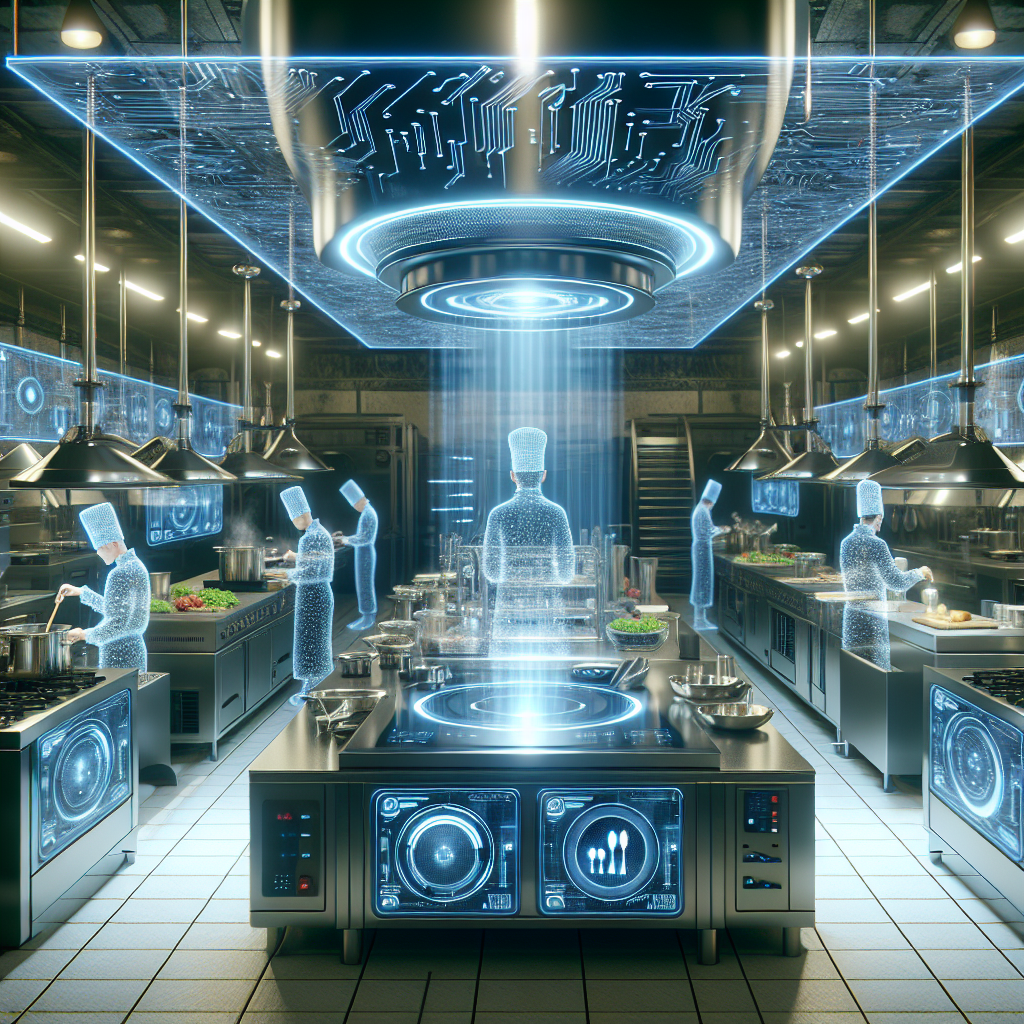Understanding the Modern Kitchen Landscape
In a world where convenience is king, ghost kitchens have emerged as a substantial player in the food industry. These kitchens operate without a direct customer-facing presence. In essence, they’re food preparation hubs designed solely for delivery-only restaurants. While this evolution has revamped local dining scenes, especially in bustling urban centers like Portland ME, it has also introduced unique challenges, particularly when it comes to commercial kitchen hood cleaning.
The Essential Role of Hood Cleaning
Commercial hoods are the unsung heroes of any kitchen, constantly working to filter out grease, smoke, and other airborne particles. For ghost kitchens, maintaining proper exhaust hood cleaning procedures is more critical than ever. Ghost kitchens often run extended hours to meet the high demand of online orders, meaning their hoods are enduring more grease and grime build-up than a typical restaurant might experience.
Challenges Unique to Ghost Kitchens
1. Increased Usage and Wear
Ghost kitchens are like the fast food of facilities—they run quickly and continuously. This model results in hoods that suffer from increased wear and tear. Frequent usage demands more frequent hood cleaning, typically beyond the standard quarterly recommendation for traditional restaurant hood cleaning.
2. Compliance and Safety Regulations
Regulatory compliance remains a critical aspect for any cooking establishment. Even without patrons dining in, ghost kitchens must adhere to local safety and health regulations. Key components include maintaining fire safety standards through regular commercial kitchen hood cleaning, which ensures that the risk of kitchen fires is minimized.
3. Coordination Across Multiple Brands
Given that numerous ghost kitchens host multiple culinary brands under one roof, coordination becomes a distinct challenge. Each entity might have varying hood cleaning needs based on their respective menu and cooking practices. As a result, a unified, streamlined approach to exhaust hood cleaning becomes invaluable.
Recommended Hood Cleaning Practices
To combat these challenges effectively, ghost kitchens need to adopt tailored restaurant hood cleaning strategies. Below are best practices that can help ensure efficient operations:
- Implement a frequent cleaning schedule that reflects the kitchen’s operating hours and grease build-up rate.
- Engage professional hood cleaning services to perform regular and emergency cleanings, especially in high-traffic scenarios.
- Invest in modern ventilation and filtration systems that minimize grease accumulation and bolster air quality.
- Train staff on the importance of maintaining cleanliness around hood areas to support regular cleaning efforts.
Expert Services in Portland ME
For ghost kitchens in Portland ME seeking reliable commercial kitchen hood cleaning services, partnering with experienced professionals is crucial. Expert cleaners bring not just the necessary equipment but also the know-how to ensure thorough and compliant cleaning. This is where choosing trusted local firms can make all the difference.
Conclusion: The Path Forward
As the food industry pivots towards virtual dining concepts, the significance of consistent and thorough hood cleaning cannot be overstated. Whether you’re operating a standalone ghost kitchen or managing a network of virtual brands, the right cleaning practices ensure longevity, efficiency, and safety of your kitchen operations. Stay ahead of the curve by prioritizing hood cleaning with experts adept at understanding the unique needs of the ghost kitchen environment. Their services cater to restaurant hood cleaning, exhaust hood cleaning, and more, tailored to the dynamic demands of Portland ME’s food industry.










